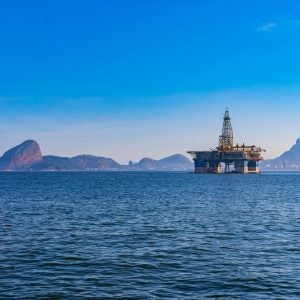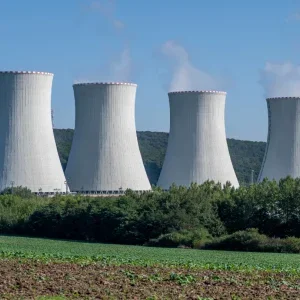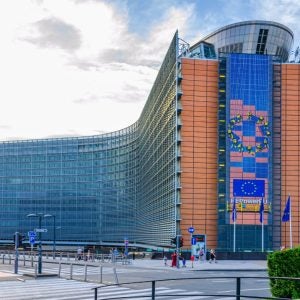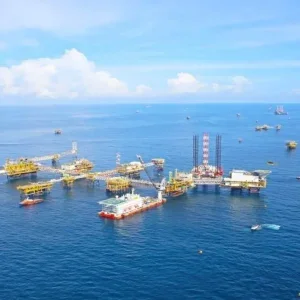While no clear policy directive has yet been outlined, Japanese Prime Minister Yoshihiko Noda has sought the opinion of his cabinet colleagues on the challenges of phasing out nuclear power completely.
According to estimates presented at the discussion on future national energy policy, the country will have to increase its renewable energy generation portfolio to 350 billion kWh by 2030, which currently stands at roughly one-third of this estimate at 106 billion kWh.
It is estimated that the complete phasing out of nuclear power will also double the yearly energy bills from the current ¥16,900 ($215)to ¥32,243 ($411) by 2030.
Japan Economics Minister Motohisa Furukawa remarked that the government was yet to finalize its plans.
It is mulling over three options, which include, reduction of the share of nuclear power to zero as soon as possible, aim for 15% share by 2030, or 20-25% share by that period.
Prior to the nuclear disaster the country produced 30% of its energy from nuclear sources and had unveiled a plan in 2010 to increase it to 50%, but has since then been expectedly scrapped.
Given the constraints of rising electricity bills and rapid, wide-spread investments in renewable energy sector most experts believe that the country will set a target of 15% nuclear energy by 2030.






